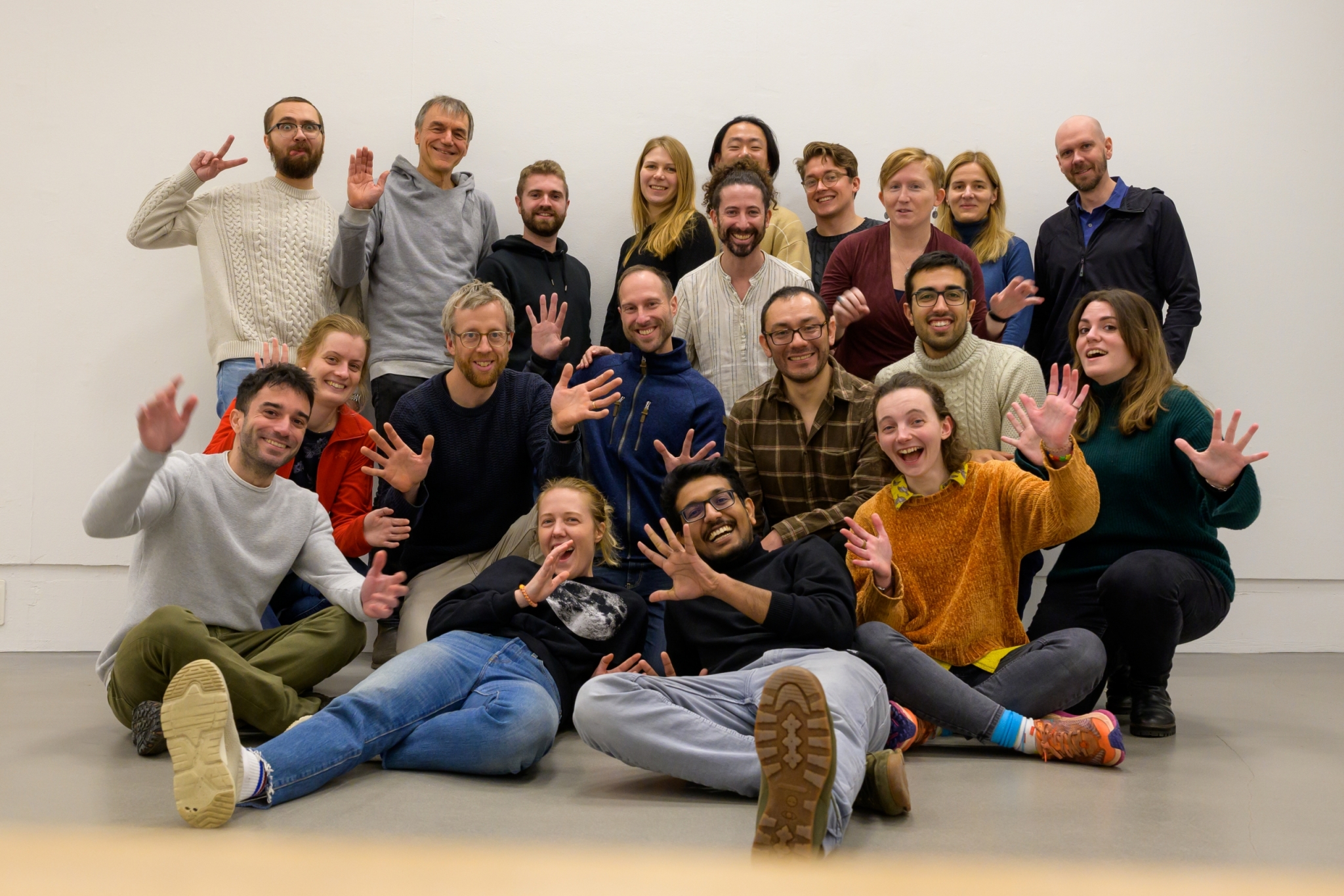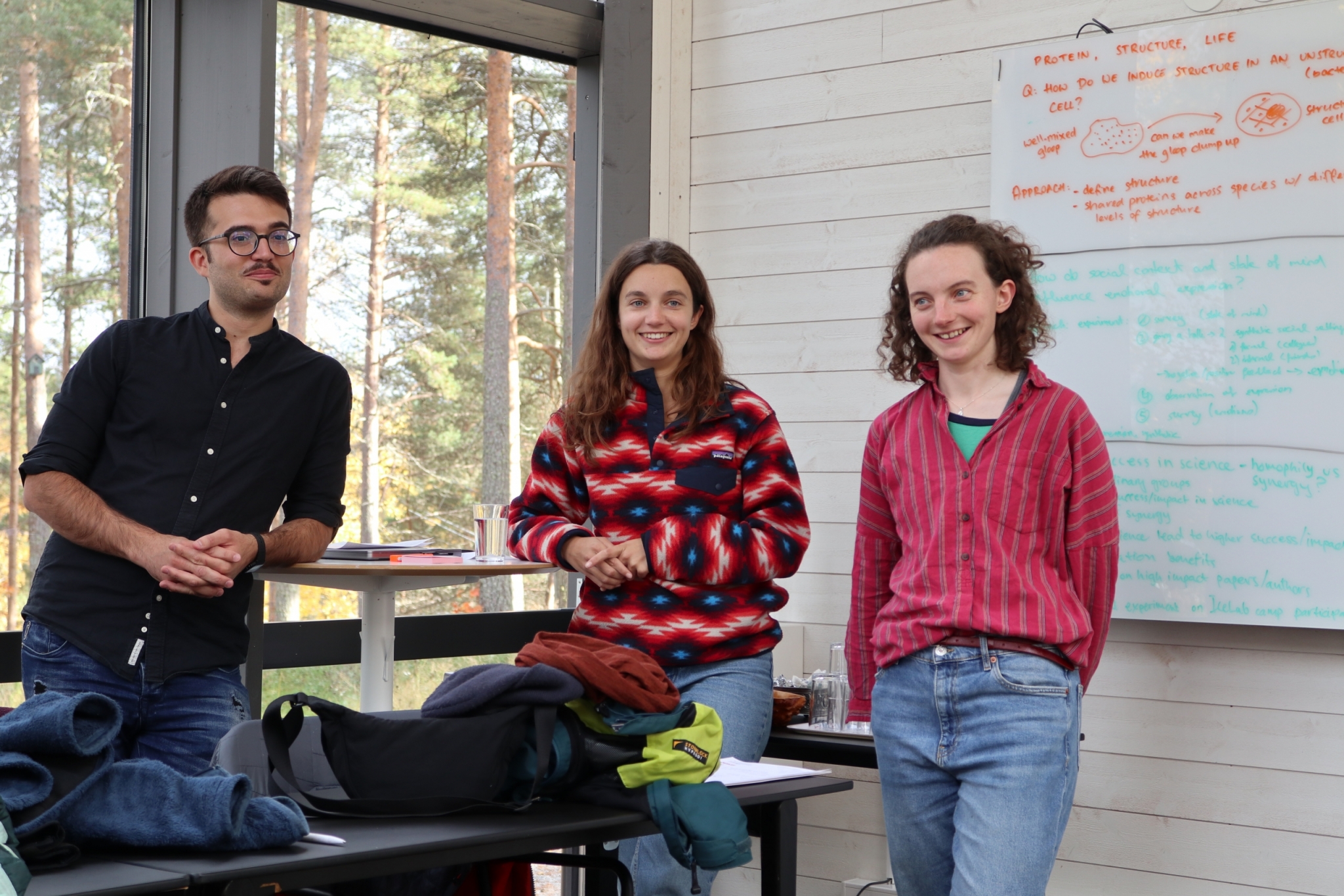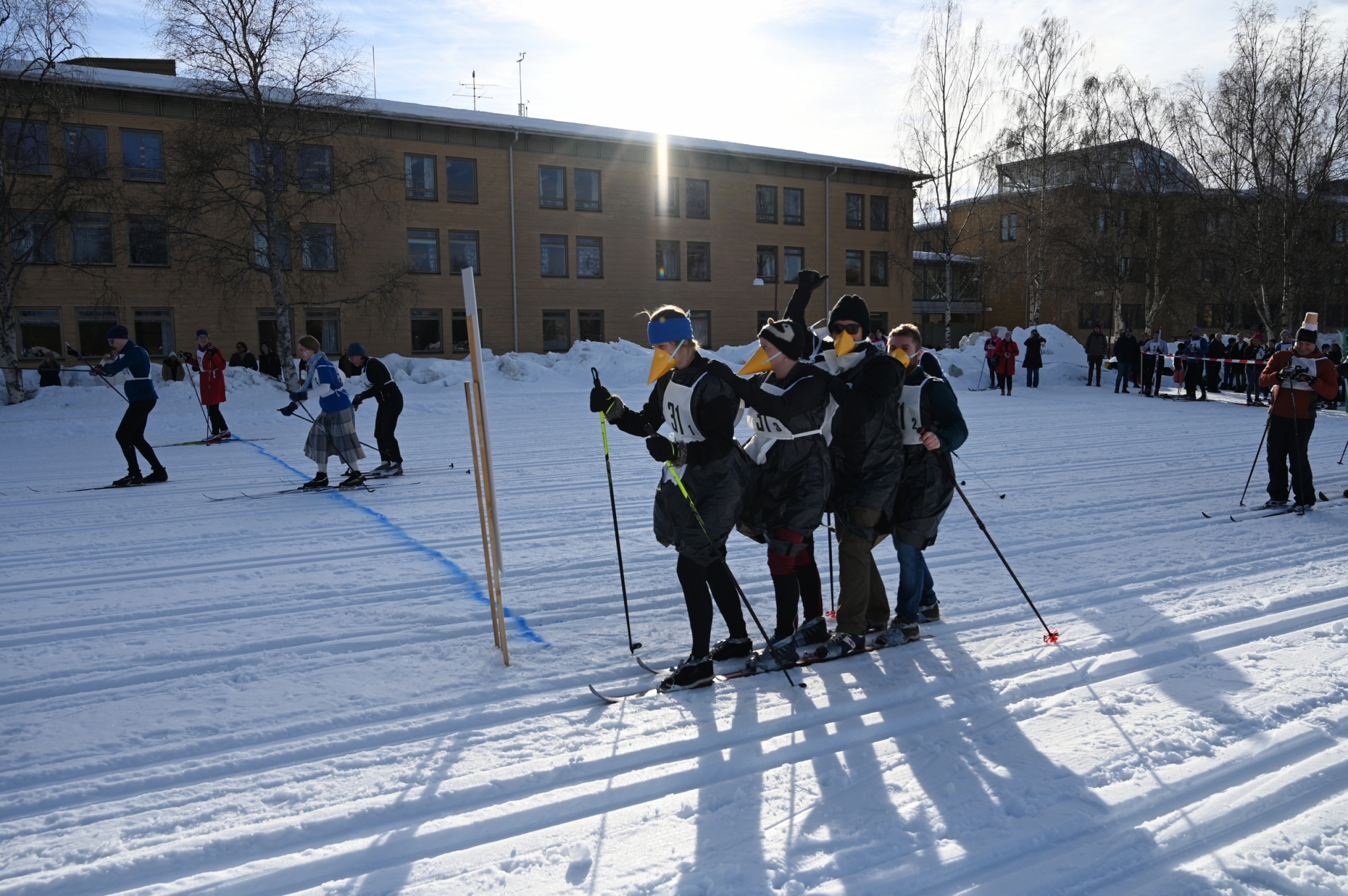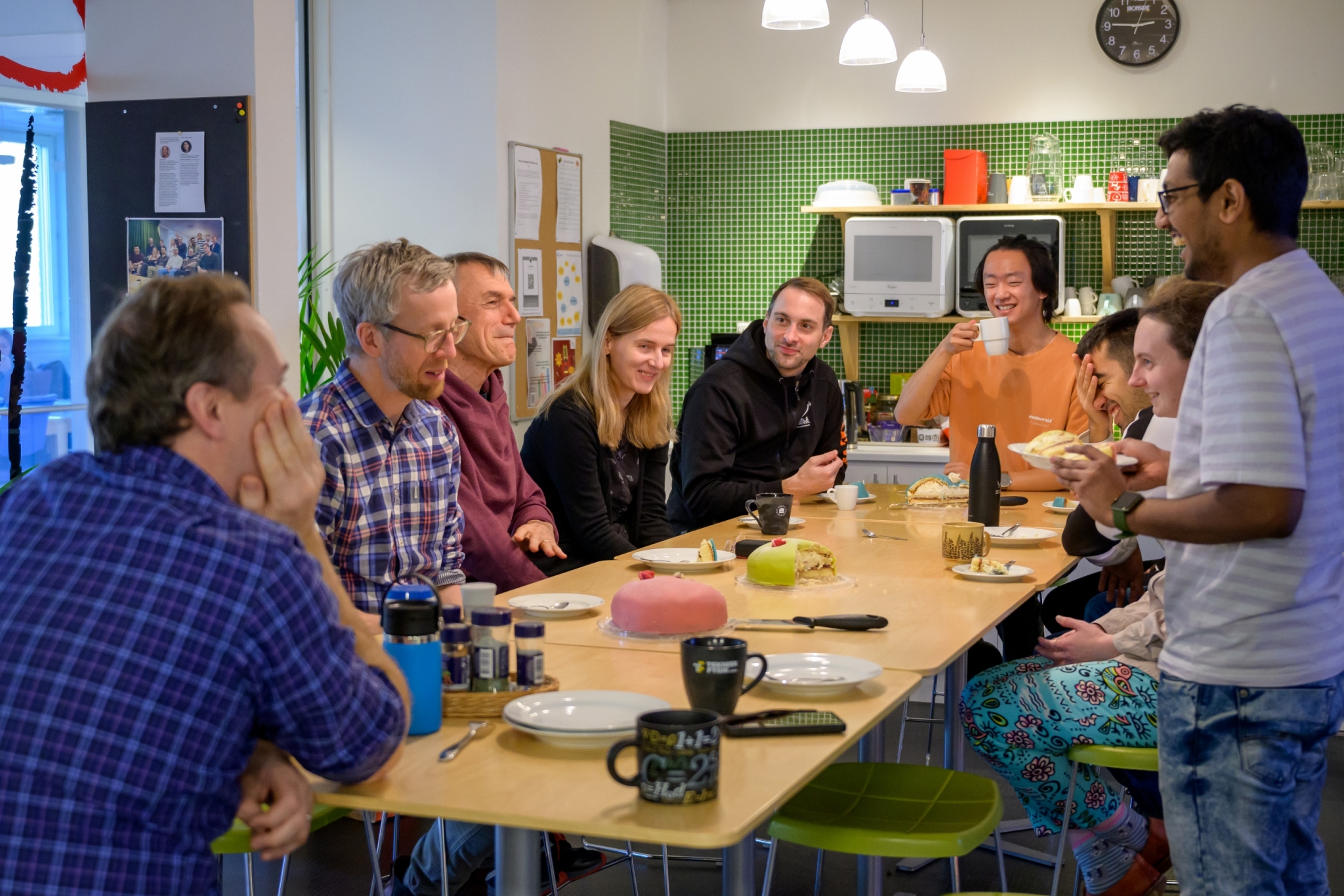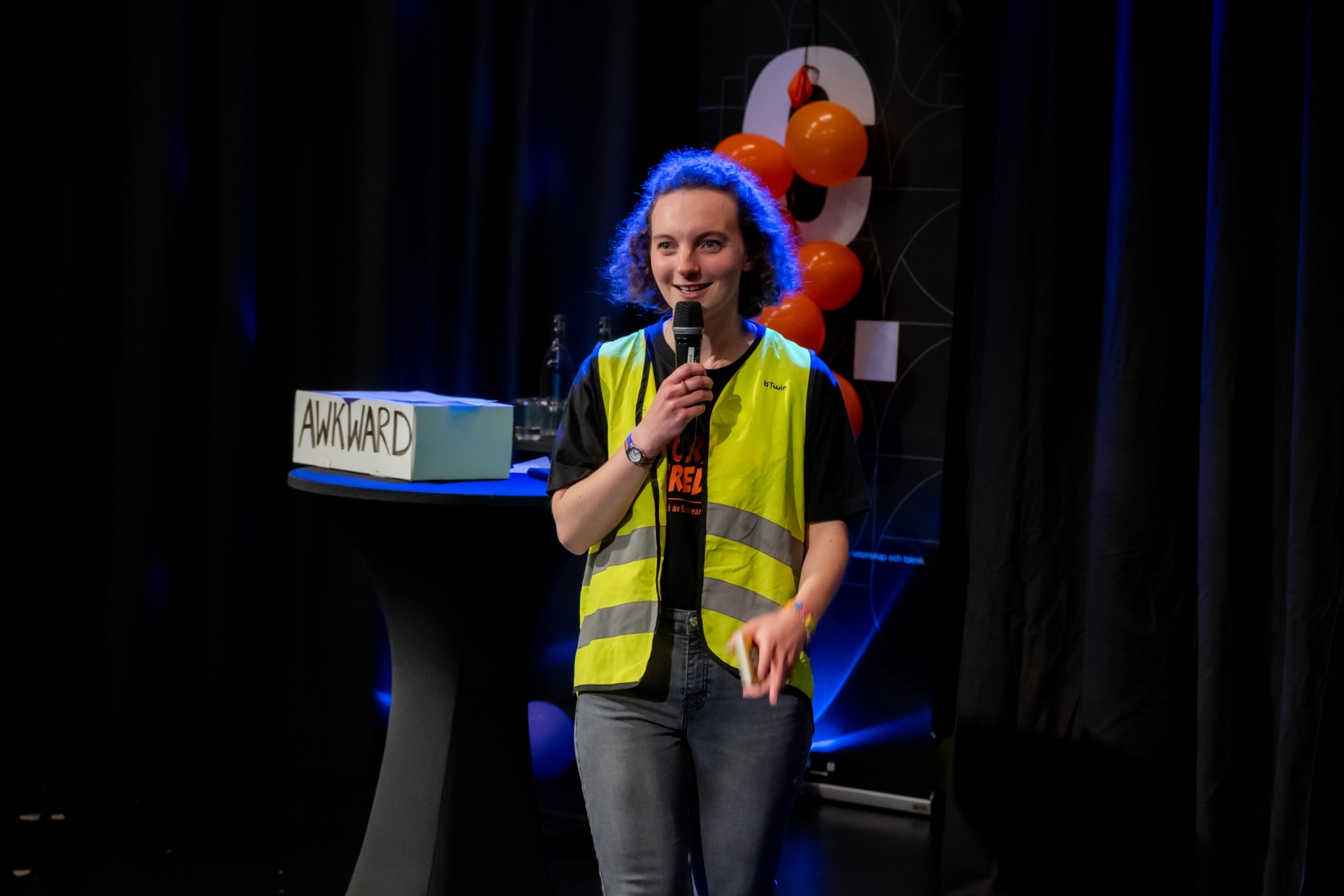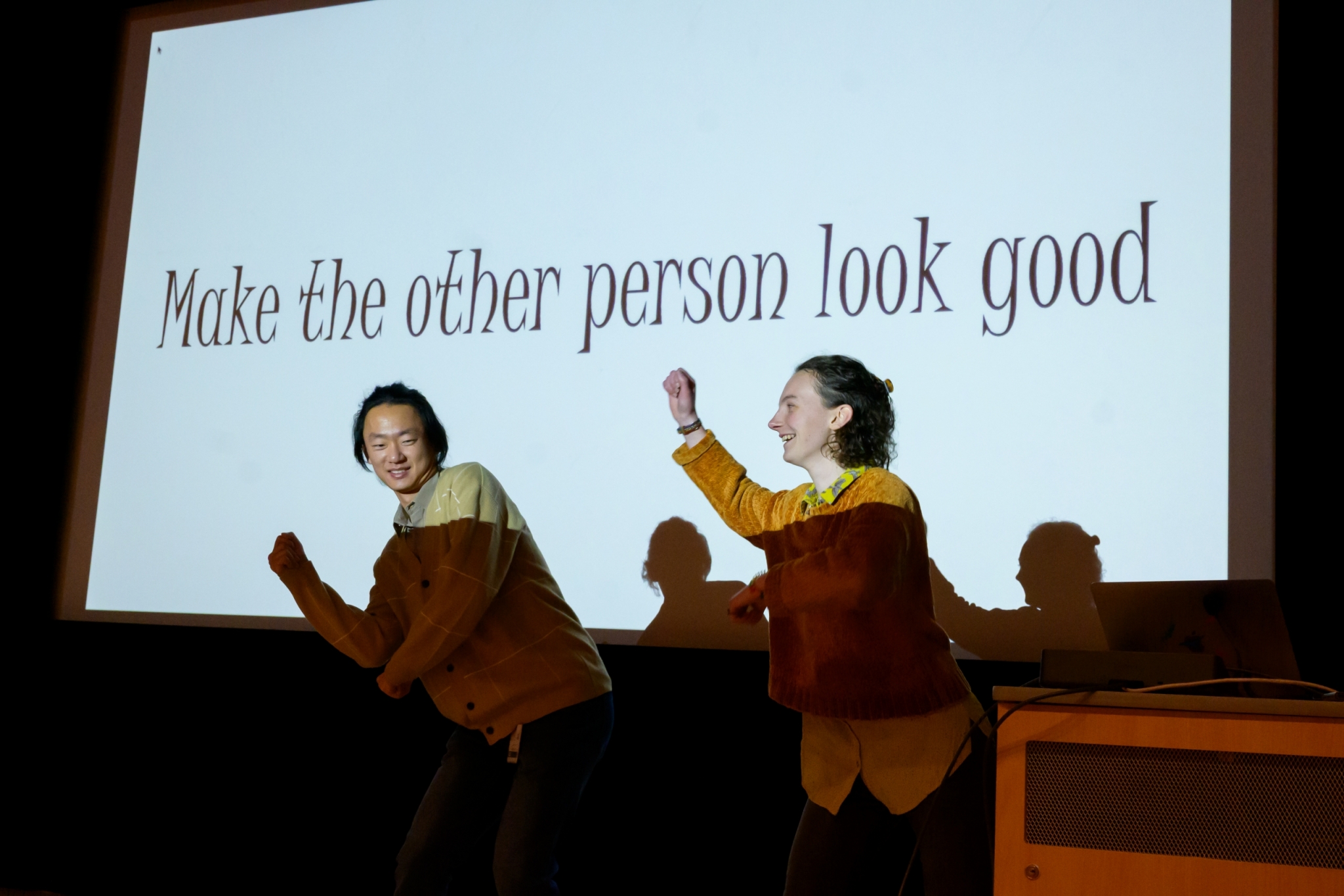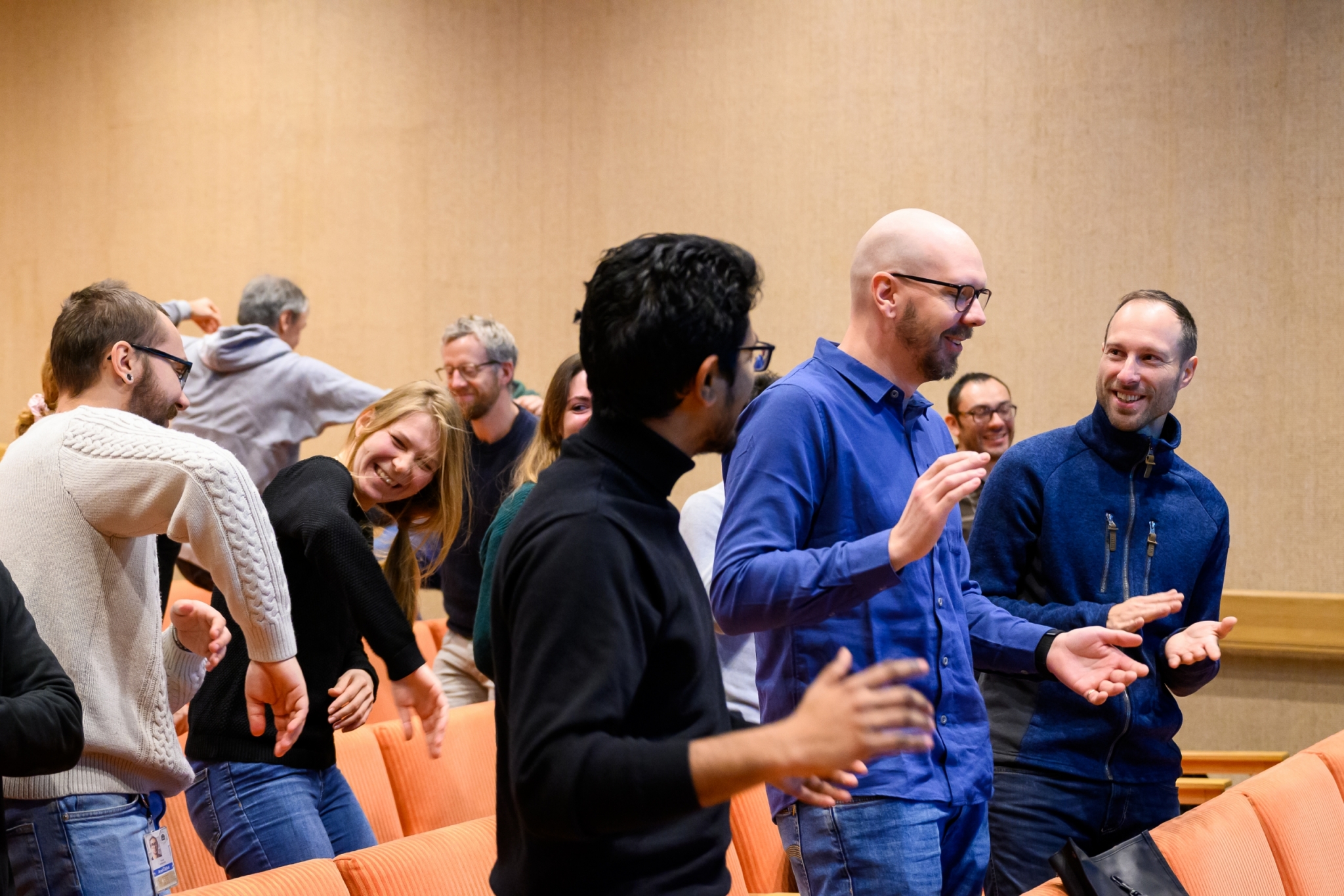For the love of fun in science
IceLab’s culture creates space for collaboration in a number of ways, including by embracing fun. IceLab multidisciplinary postdoctoral fellow Josephine Solowiej-Wedderburn is one of the engines of fun in our interdisciplinary research environment. In this piece she offers a glimpse into her vision of learning through play in science.
Playing with new ideas
Picture a photograph of Albert Einstein with a wild mop of hair and his tongue stuck out, superimposed with the quotation: “Play is the highest form of research.” You don’t have to look far to find similar inspirational quotes that proclaim the value of making your work play. For many of us, this is the reason we got into science: an insatiable curiosity of the world around us, a love for exploring new concepts and playing with new ideas. That—coupled with the freedom to be our own boss, carve out our own research niche and really explore our own train of thoughts—is the allure of an academic research position.
Daily reality
For every inspirational quote, however, there are plenty of sighs and grumblings that the idealised image and reality are not quite aligned. Where did we go wrong? There are plenty of problems in any work-setting and academia is no exception. Some common complaints include: a sense of isolation with academics all working behind closed doors, the constraints imposed by funding grants, the instability for early career researchers, feeling stretched too thin with a variety of term-time duties we would love to perform given the time. Each of these can have different solutions which can, ideally, be tailored to the individual to improve their path. But if we take a step back, I think there is a wider issue: somehow we are losing the joy and creativity of our scientific research. So I want to explore something else and (in addition to addressing each of these individual complaints at their root cause) do something to bring the fun back into the workplace!
Yes, and
As children, we learnt so much through play, and rarely questioned whether a particular game would most precisely and efficiently accelerate our learning. We simply played, and through play, learnt. What if we bring this spirit of fun and games back into the workplace? I feel incredibly lucky to be working in an environment like IceLab. Within my first few weeks here I went to ‘IceLab camp’ which introduced me to the culture of asking questions together. My biggest take-away from the experience was the improv concept of “yes, and”; it was amazing what we could collectively achieve through taking each other’s ideas and building on them in a playful way.
Breaking boundaries through fun
Since then, I have tried to maintain this “yes, and” attitude to build on various opportunities: taking part in the ForskarFredag science stand-up, setting up an improv club with the support of the University’s Postdoc Society, and convincing enough colleagues (for two teams!) to dress up as penguins and take part in a quad-ski competition. On a smaller scale, we also, for example, watch films together, bake, or go on any number of different adventures. What next? The list of possibilities is endless if you just think what might spark joy and leave your inhibitions behind. In this way, hopefully we can break boundaries, release our creativity, and build a sense of community together. While this might seem radical in a culture that obsesses over standard metrics of success, why not keep the metrics as just that—numbers that we can check from time to time, but not goals to live by. Instead, through a culture of vulnerability and openness perhaps we can work together to make a happier, safer, and even more ‘productive’ work space. And trust that through play, the work will take care of itself.
Watch the 2023 ForskarFredag goes Stand-Up science comedy show, in which Josephine Solowiej-Wedderburn is one of five performing scientists engaging in comedic scientific outreach.

